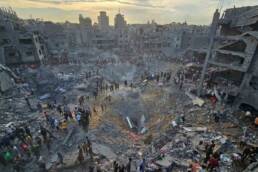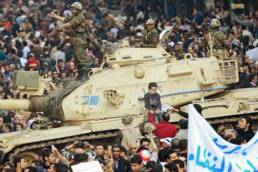Notes:
(*) This paper is a research article about a book written in Arabic and known as Al-Kitab Al-Aswad [The Black Book], and gave figures which indicated the absence of justice in Sudan. The book was anonymous and secretly distributed.
Contemporary Arab Affairs, Vol. 3 No. 4, October – December 2010; (pp. 240-215) DOI: 10.1080/17550912.2010.522113
Published By : University of California Press Journals
Copyright & Usage : © 2010 The Centre for Arab Unity Studies
(**) Abdu Mukhtar Musa: Omdurman Islamic University, Khartoum, Sudan
Corresponding author e-mail: drmukhtar60@gmail.com
We appreciate your support
SUPPORT THE CENTRE FOR ARAB UNITY STUDIES
The Centre is reaching out for its friends and readers for support, whether by ordering our publications and paying for them in hard currency, or through donations. The Centre welcomes any support to boost its resiliency, to ensure its survival, the continuation of its legacy and its commitment to tackle issues facing the Arabs and the Arab world.



